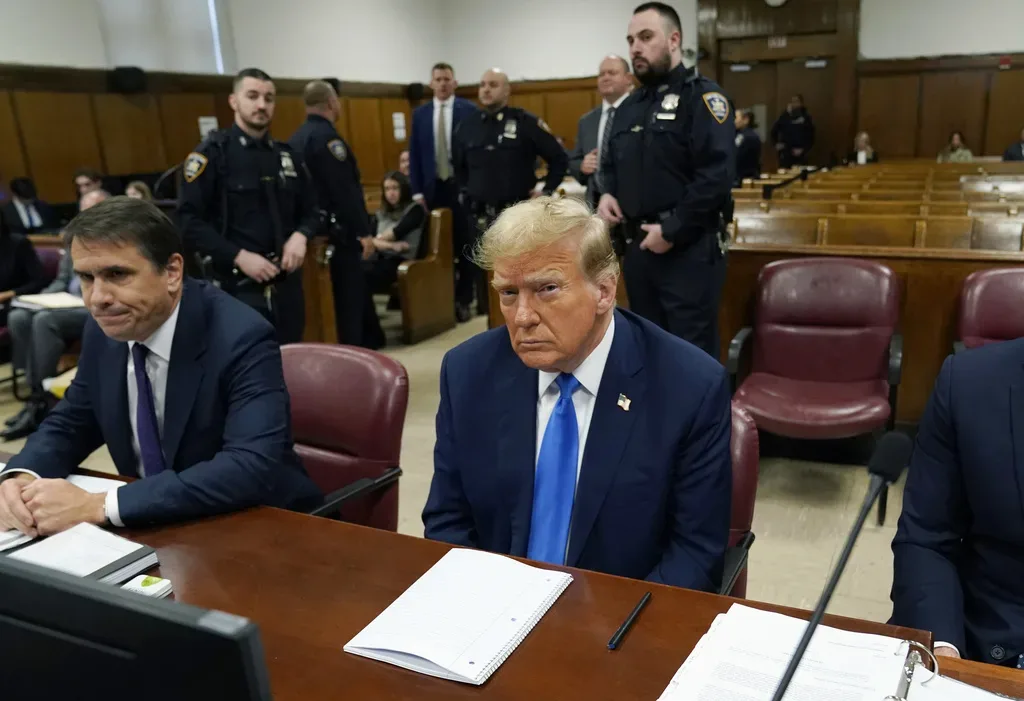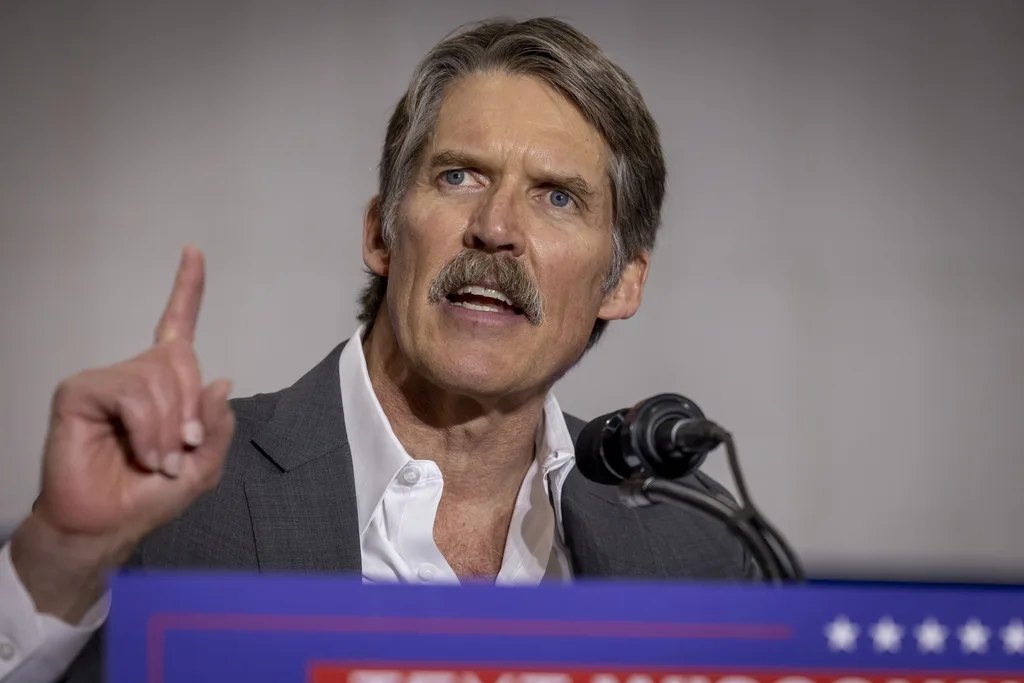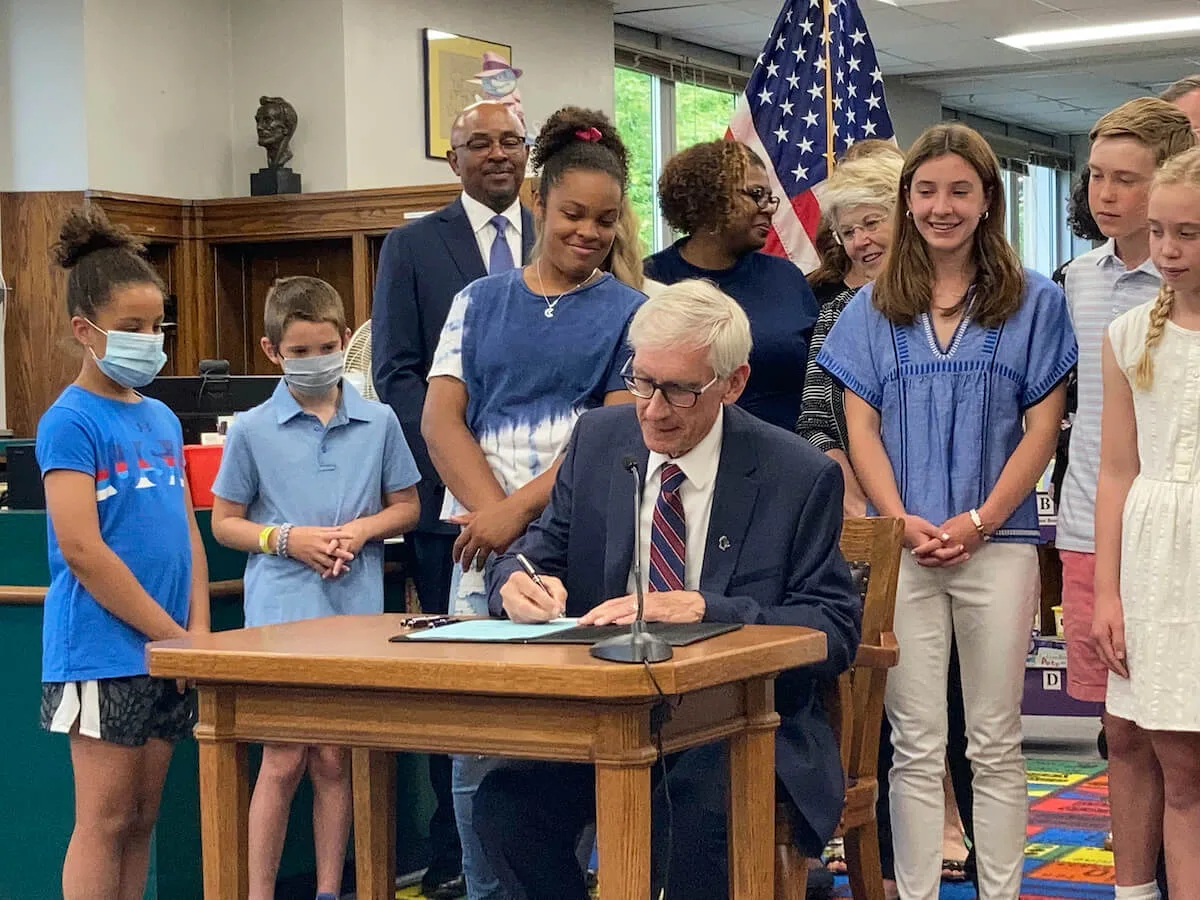
#image_title
#image_title
Justice reform, school funding, and broadband expansion are still in need of action, advocates say.
When Democratic Gov. Tony Evers signed the Republican version of the 2021-23 state budget last Thursday, he was quick to try to take credit for the tax cut it delivered and paint it as a bipartisan budget.
But throughout his speech given before he signed the document, Evers also took Republican lawmakers to task for what he characterized as a budget that left an incredible amount of opportunity on the table, especially in light of the state’s historic $4.4 billion surplus.
Among Evers’ chief complaints with the GOP-authored budget: It leaves schools with virtually no funding increase, it fails to make substantial investments in business development as he had proposed, and it completely left out the various criminal justice reforms he had tried to pass.
“The biggest problems with the budget are not the things that need to be removed by a stroke of a pen, but rather the work the Legislature has left undone,” Evers said. “From working toward reforming our justice system, to protecting the right of every person to vote, to investing in equity, among other areas.”
Chief among budget areas suffering significant shortfalls is education, advocates said. Evers, former head of the Department of Public Instruction that oversees Wisconsin’s K-12 schools, proposed spending $1.6 billion on education during the biennium, but Republicans gave schools less than a tenth of that.
While Republicans gave schools a significant $647 million boost on paper, in reality, they will receive just $128 million because the Legislature refused to lift state-imposed spending limits on schools that would have allowed them to receive the additional money. Instead, the remainder of the extra will go toward property tax relief, leaving schools to raise additional money by going to referendum or making budget cuts, education advocates said.
“The way this present budget is structured could cause many of our districts to have to go to operational referendums,” said Kim Kaukl, Wisconsin Rural Schools Alliance executive director. “The lack of funding or a failed referendum could lead to budget cuts, which could include layoffs.”
RELATED: ‘Isn’t Good Enough for Our Kids’: Evers Signs GOP Budget Despite Concerns
Republicans argue schools have enough money after receiving dollars as part of federal coronavirus relief money. In addition to the $128 million, they set aside $350 million in a separate fund Republican lawmakers said would be used for schools but has not yet been appropriated. As he signed the budget, Evers announced he was giving schools an additional $100 million in federal money to make up for the budget shortfall.
Julie Underwood, president of the Wisconsin Public Education Network board of directors, acknowledged uncertainty about federal funding for schools. While her organization appreciates Evers’ adding $100 million for schools, “there is great anxiety about what will happen down the road when the federal money has been spent and the state has failed to provide sufficiently for children’s education,” Underwood said.
Advocates of criminal justice reform were similarly disappointed when Republicans on the state’s budget-writing committee voted down Evers’ proposals.
Particularly in the realm of juvenile justice, Wisconsin lags even hardline Republican states in implementing reforms. It still sentences juveniles to life-without-parole sentences—something the US Supreme Court has ruled is unconstitutional—it automatically charges 17-year-olds as adults, and it makes children as young as 14 eligible to be charged as adults.
“If a child commits a serious, felonious assault, that’s a cry for help, not an opportunity to punish,” said Dominee Meek, Milwaukee team leader for the Wisconsin Alliance for Youth Justice.
Meek experienced the hopelessness of harsh juvenile sentencing firsthand. At age 15, after experiencing a childhood filled with all kinds of abuse and being drawn to a gang, he was convicted of homicide and sentenced to life in adult prison. He was released on parole last September after almost 28 years and has dedicated his post-incarceration life to advocating for juvenile justice reforms.
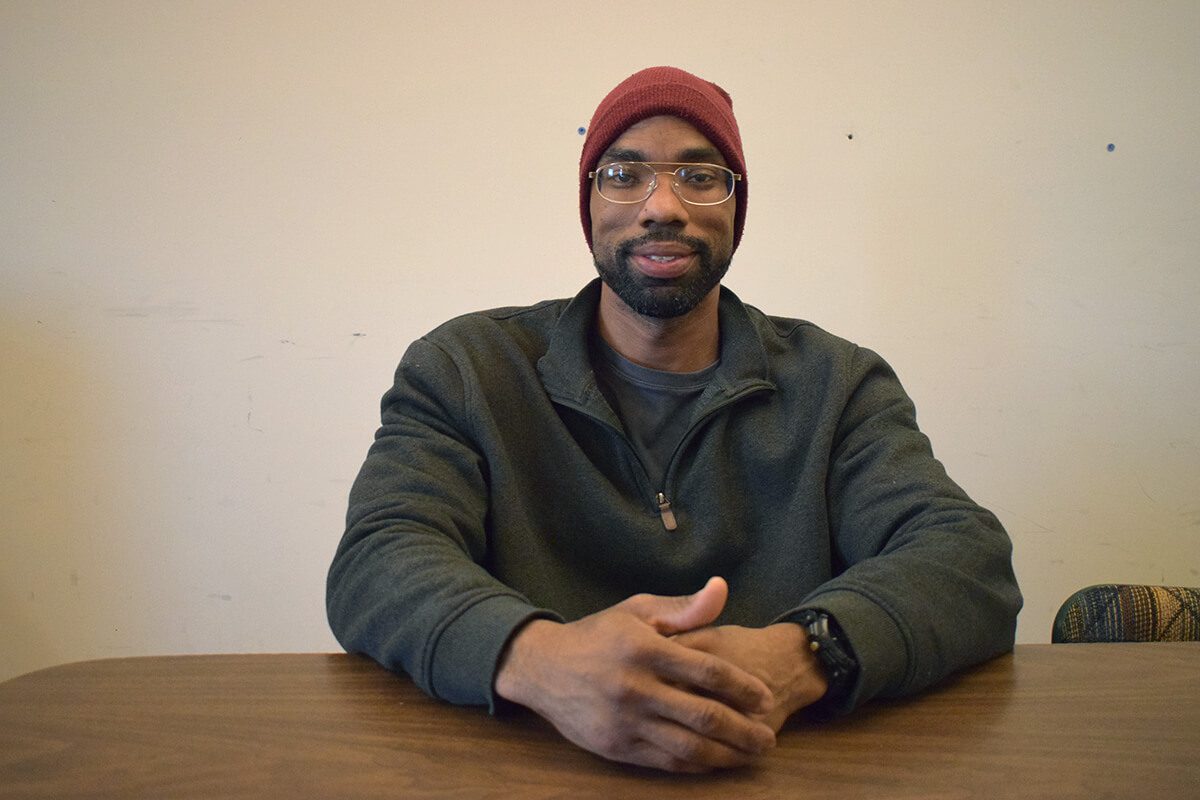
“No one says don’t remove that child from society, for society’s safety and their own,” Meek said. “But to send that child then to 20, 30, 40 years in prison—why? Are you serious?”
Evers initially proposed reforms such as banning life-without-parole sentences for juveniles, eliminating the requirement to automatically charge 17-year-olds as adults, raising the minimum age children can be tried as adults, and increasing funding to keep youth offenders in their communities rather than shipping them off to prisons.
While harshly sentencing youth can be viewed as a solution by society at large, advocates said, it does not serve to rehabilitate the children and help them become contributing members of society.
“How can we change that to make it healing for everybody involved?” said Melissa Ludin, an Appleton resident and regional organizer with the American Civil Liberties Union of Wisconsin’s Smart Justice campaign.
During the budget process, Republican lawmakers said they were open to justice reform—just not in the budget. Sen. Dale Kooyenga (R-Brookfield) said shortly after Evers proposed his version of the budget that Republicans are “serious about reforms, but that should be looked upon outside the budget process.”
Maya Neal, political director for Leaders Igniting Transformation, an organizing group for young people of color, said she doesn’t believe Republicans will actually consider reforms.
The current Republican-led Legislature “is so disappointing and discouraging,” Neal said. “Even if they did take it up, they’ll do another open-and-close session on it. They won’t even meet in the middle because they don’t have to.”
The budget includes $125 million for expanding broadband, a need many say is critical to expanding the state’s economy, especially in rural areas. That amount and another $100 million the state Public Service Commission is seeking will help spread broadband to more areas, but the need outpaces available funding, said Brittany Beyer, who chaired Evers’ statewide Task Force on Broadband Access and is executive director of Grow North Economic Development Corp., which assists economic efforts in northeast Wisconsin.
Evers proposed spending $200 million on broadband expansion as part of the budget, but that proposal was removed from the budget and replaced with borrowing $125 million for that purpose.
“This gets us closer, but our broadband issues will take multiple years to fully address, and this will only happen once we have crucial data sets (such as better mapping, clear local strategies supporting buildout, and ways to track progress) to report and measure the success,” she said.
Politics
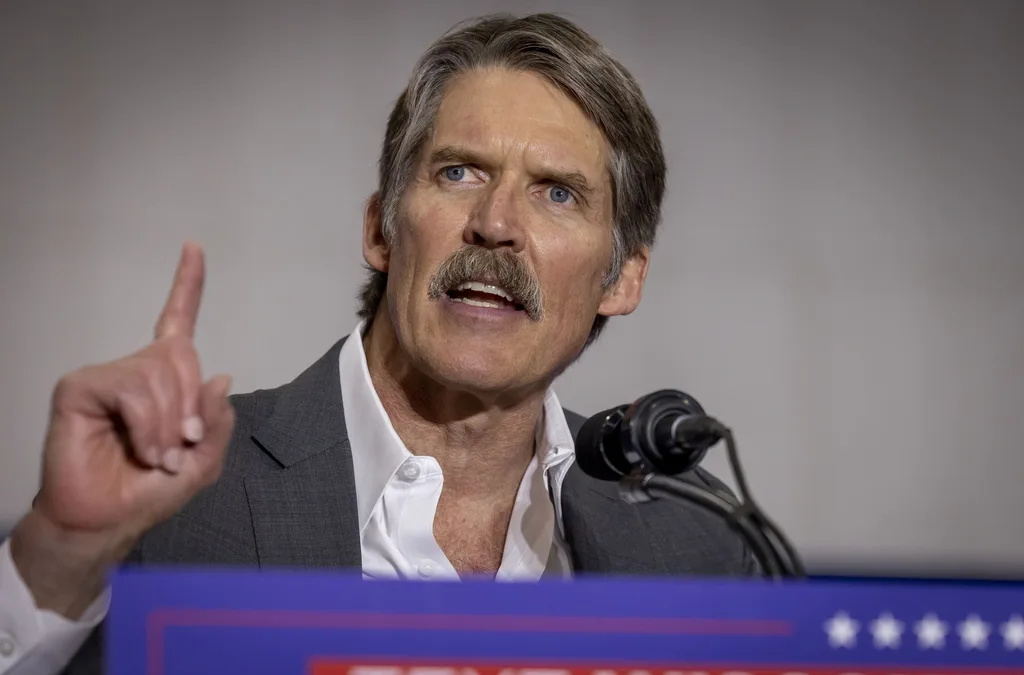
Eric Hovde’s company exposed workers to dangerous chemicals, OSHA reports say
A Madison-based real estate company run by Wisconsin US Senate candidate Eric Hovde settled with the Occupational Safety and Health Administration...
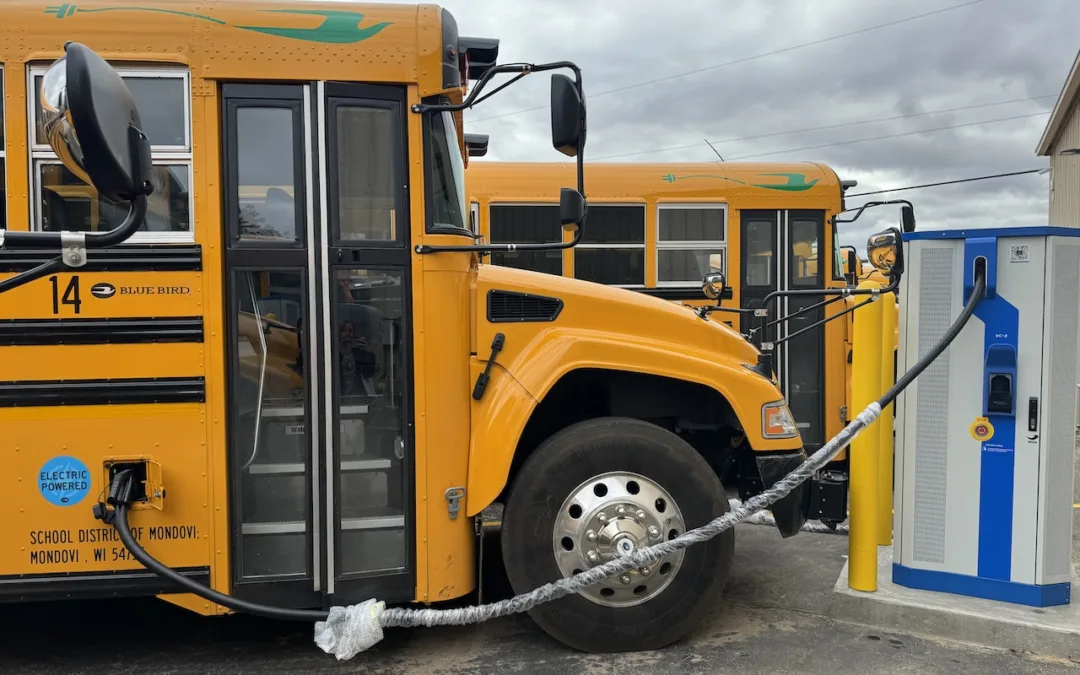
Plugged in: How one Wisconsin school bus driver likes his new electric bus
Electric school buses are gradually being rolled out across the state. They’re still big and yellow, but they’re not loud and don’t smell like...
Local News

Stop and smell these native Wisconsin flowers this Earth Day
Spring has sprung — and here in Wisconsin, the signs are everywhere! From warmer weather and longer days to birds returning to your backyard trees....

Your guide to the 2024 Blue Ox Music Festival in Eau Claire
Eau Claire and art go hand in hand. The city is home to a multitude of sculptures, murals, and music events — including several annual showcases,...


